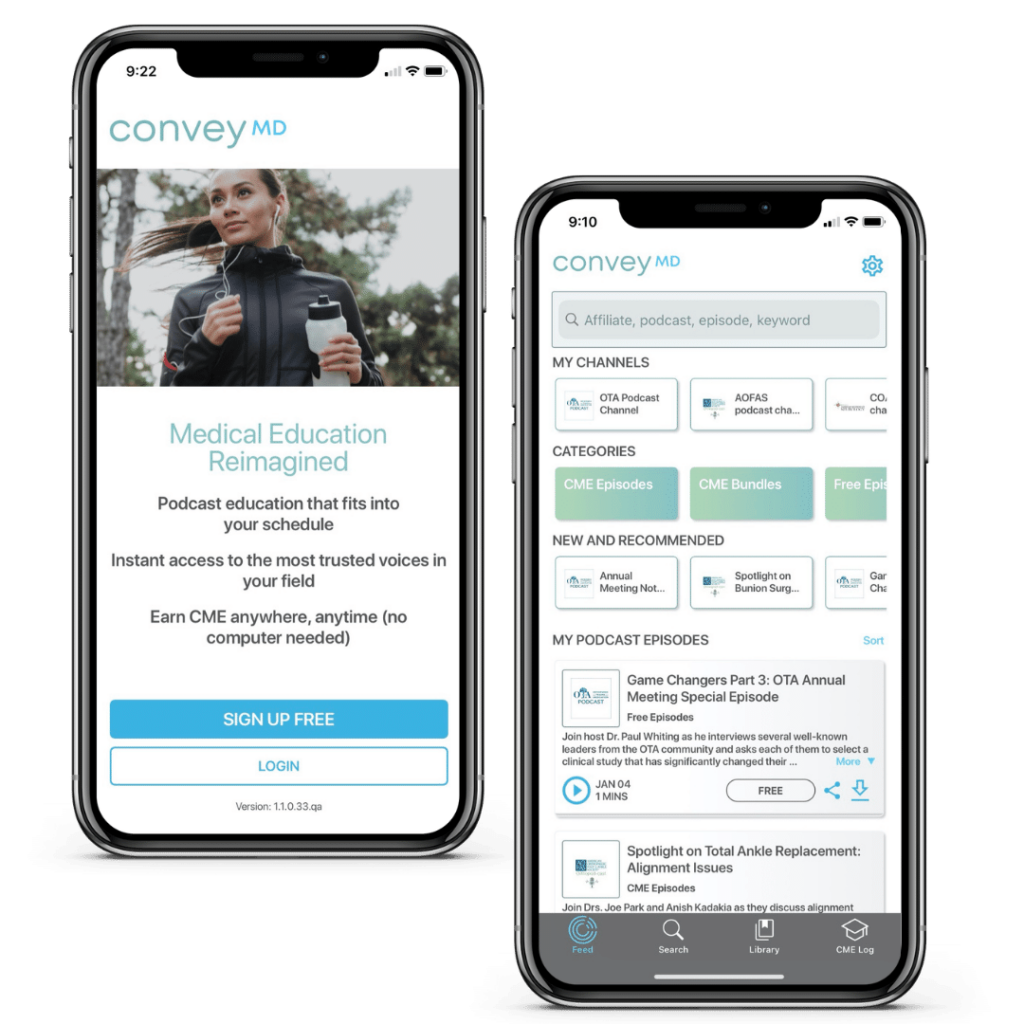Podcasts and the Adult Learner.
Learning is self-directed.
Learning is self-directed. The self-concept of the adult learner has shifted from being dependent to capable in their own right. Adult learners are not interested in simply being receptacles for information, but are looking for content that supports their ability to effectively complete tasks and develop their expertise. Podcasts meet these demands by providing a multitude of content-specific options on a platform constructed to engage the auditory learning process. The learner is able to select relevant material on a platform that is convenient, efficient, and engaging in a form that is different from reading a book or journal article.
Learning is formed by and developed through experience.
Learning is based on a “need to know”.
Learning is problem-centered.
Learning is based on internal motivation.
Learning is based on internal motivation. Though adults can be motivated by external factors, such as promotions, salary increases, etc., the most salient motivators are internal factors. Adults are generally developmentally oriented with a drive to keep learning and growing. Adult learners will engage learning opportunities they see as meaningful and enjoyable. Podcasts attract adult learners by providing a platform that allows them to engage content of their choosing in a context of their choosing, allowing the learner to take control over their development. Relevant knowledge is easily consumable, as episodes tend to be short and provide information deemed the most relevant to the topic. This information can be consumed during a daily commute or job, which keeps the learning process from interfering with other important aspects of adult learners’ lives. Podcasts play an important role in engaging the adult learner in multiple important ways. Technology provides widespread accessibility to content, and podcasts in particular allows adult learners to control when, where, and how they engage in learning. They are highly efficient in that learners select the exact content they need to know in a length that is easily consumed. Finally, podcasts provide the flexibility desperately needed in the adult learning landscape. ConveyMED is a podcast platform built specifically for professional education so that association leaders can take full advantage of the medium and offer adult learners a new and effective way to stay current with clinical practice and other trends.
Click here to set up an appointment to learn more about ConveyMED.

